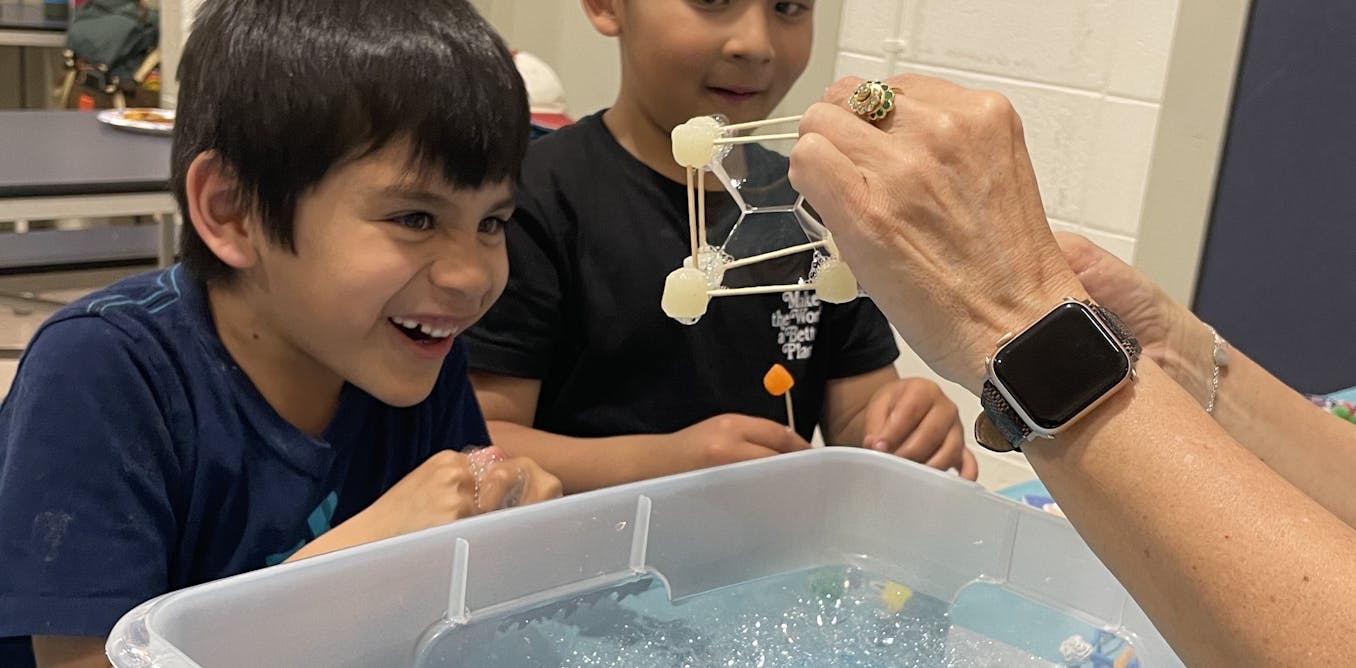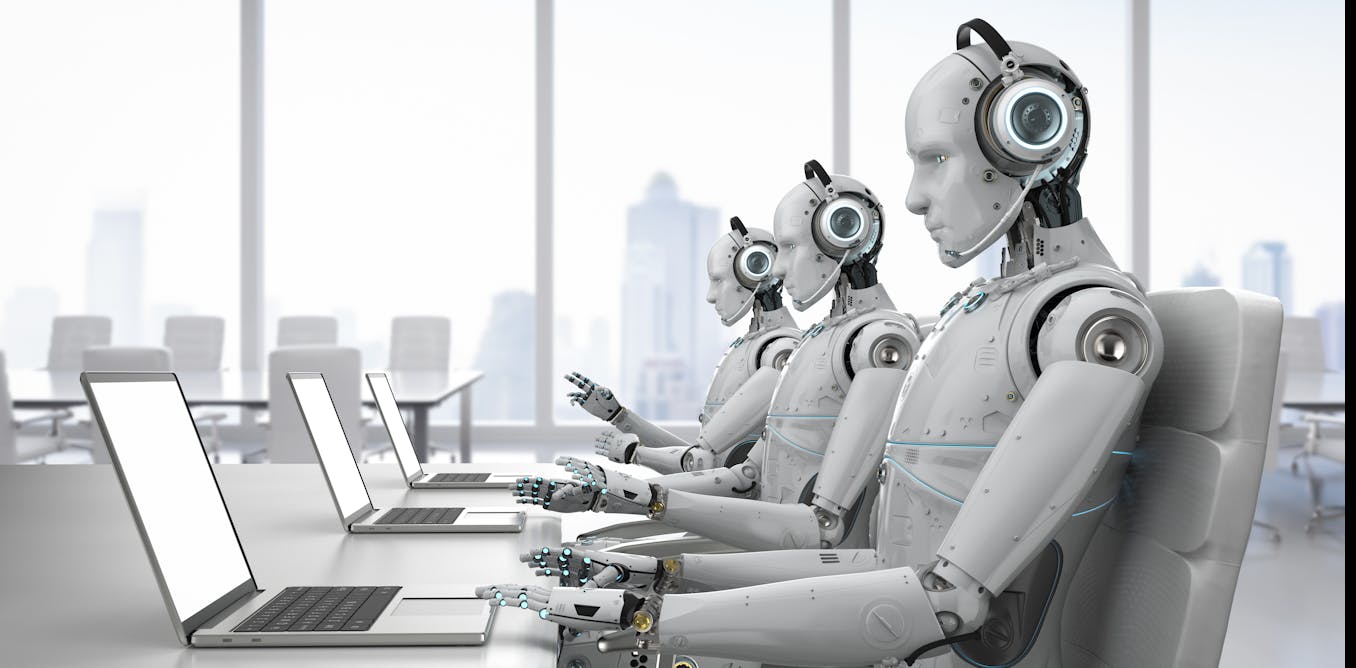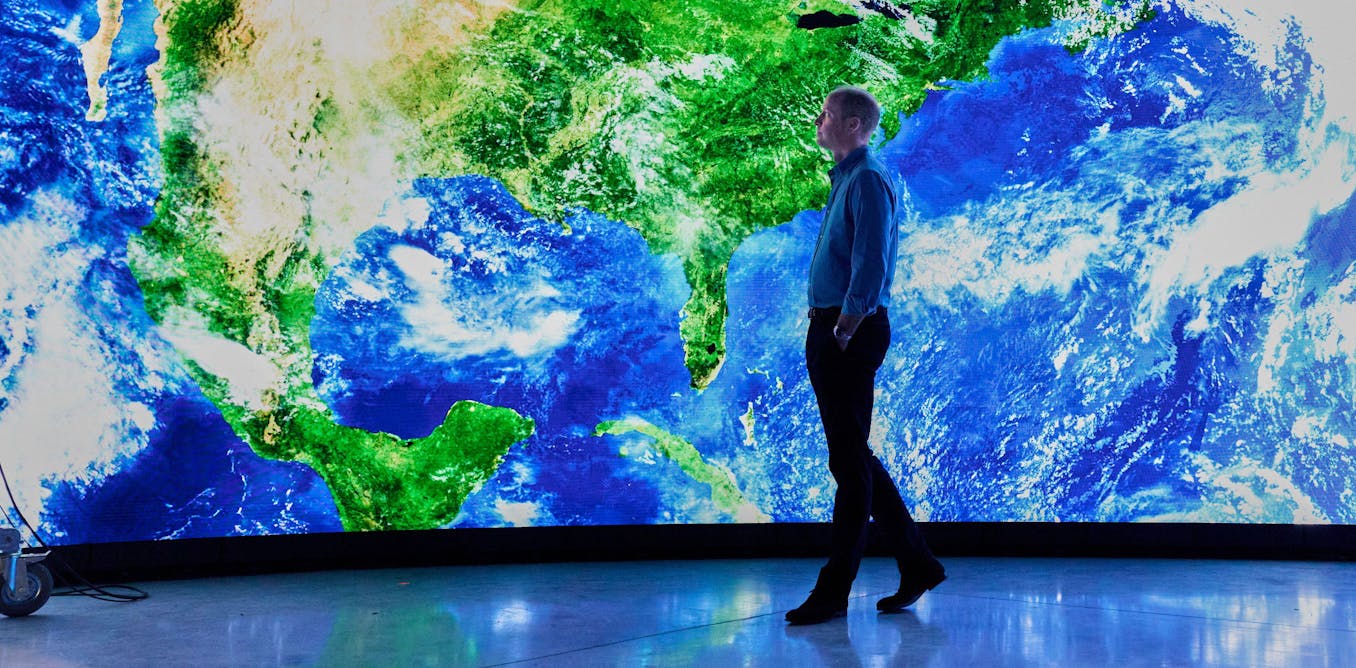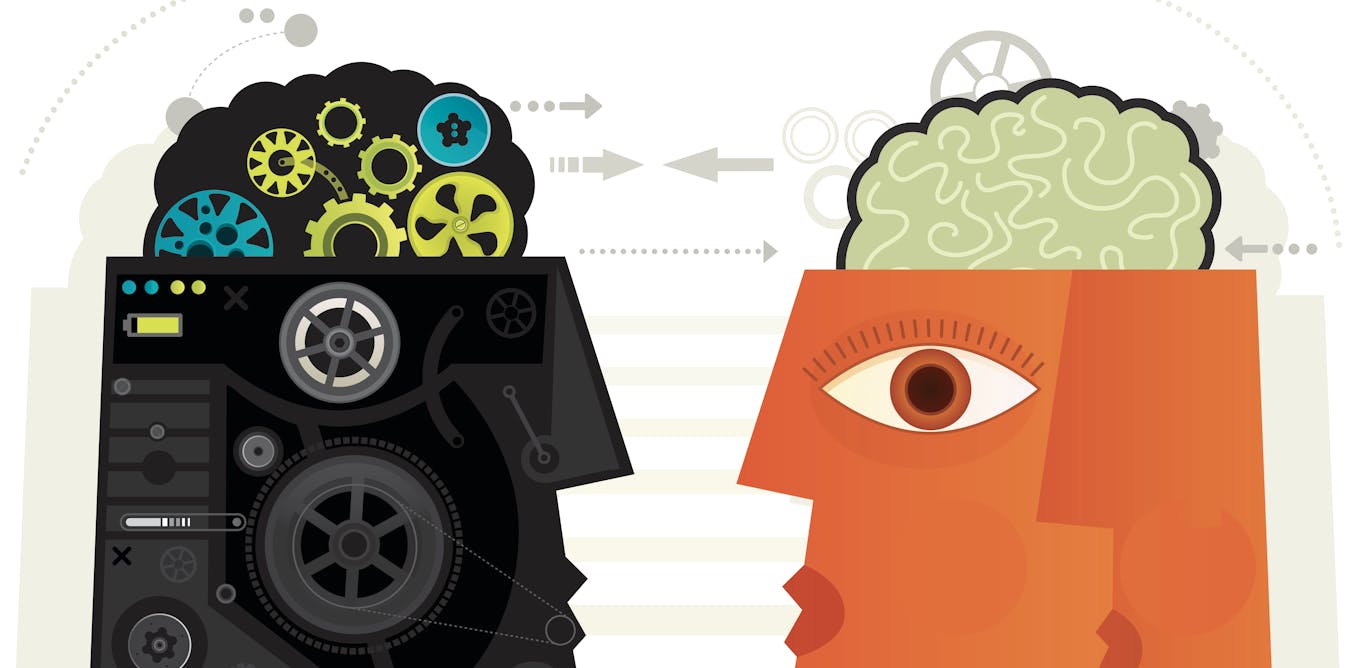Teens don't know everything − and those who acknowledge that fact are more eager to learn
Being aware of ignorance and fallibility can make people more teachable, and perhaps it could make people feel helpless and disempowered.
Dec. 11, 2023 • ~10 min
Will I ever need math? A mathematician explains how math is everywhere – from soap bubbles to Pixar movies
Math is more than memorizing times tables and doing homework problems. It is woven into more aspects of your life than you might think.
July 24, 2023 • ~8 min
Animals learn survival tricks from others -- even if they live alone
How the social lives of animals help them survive.
April 24, 2023 • ~7 min
AI and the future of work: 5 experts on what ChatGPT, DALL-E and other AI tools mean for artists and knowledge workers
Now that AI systems can generate realistic images and convincing prose, are creative and knowledge workers endangered or poised for productivity gains? A panel of experts says it’s not so clear-cut.
Jan. 11, 2023 • ~18 min
8 billion humans: How population growth and climate change are connected as the 'Anthropocene engine' transforms the planet
The UN estimates the global population will pass 8 billion people on Nov. 15, 2022. From the Stone Age to today, here’s how things spiraled out of control.
Nov. 3, 2022 • ~9 min
Cross-pollination among neuroscience, psychology and AI research yields a foundational understanding of thinking
To build a true artificial mind, first map out how thinking works. Enter the Common Model of Cognition.
July 25, 2022 • ~10 min
Why the world has a lot to learn about conservation – and trust – from Indigenous societies
Traditional ecological knowledge, or TEK, can encompass science, medicine, ecology, religion, and culture – and help protect the environment.
May 12, 2022 • ~9 min
/
2








